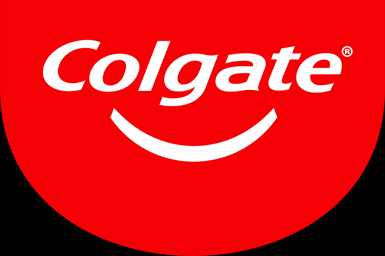Emerson helps Colgate-Palmolive pursue net zero carbon
The project is part of Colgate’s digital transformation program and uses Emerson’s specialized Aventics pneumatic sensors and IIoT-enabled software to precisely monitor compressed air flow in real time.
#VMAnews

Emerson is collaborating with consumer products manufacturer Colgate-Palmolive Company to reduce wasted energy in Colgate’s product packaging facilities and contribute to its goal of achieving net zero carbon emissions in operations by 2040. Using data from Emerson’s advanced sensor technologies and analytics, Colgate reports it has already seen a 15% reduction in energy usage on several toothpaste and toothbrush packaging lines and expects even greater energy savings as the technology is rolled out more widely.
The project is part of Colgate’s digital transformation program and uses specialized Aventics pneumatic sensors and Industrial Internet of Things-enabled (IIoT) software to precisely monitor compressed air flow in real time to identify leaks, optimize pneumatic processes and improve air flow efficiency. Given the heavy reliance on pneumatics in large-scale consumer goods production, reducing the amount of energy associated with compressed air contributes not only to sustainability efforts, but also to overall equipment health and reliability.
“This collaboration is an excellent example of how the power of digitalization is helping us achieve our purpose by meeting our global sustainability and performance ambitions,” says Warren Pruitt, vice president global engineering services, Colgate-Palmolive.
In Colgate’s implementation, Emerson’s Aventics AF2 Smart Flow Sensor calculates air usage data with integrated software that displays trends and anomalies on analytics dashboards, which reportedly enables operators to easily regulate supply pressures and detect leaks. The system’s built-in connectivity is said to provide immediate insights at the machine level.
Mark Bulanda, executive president of Emerson’s Automation Solutions business, says, “Projects like this demonstrate the technology available today make a measurable difference in meeting sustainability goals.”
RELATED CONTENT
-
General Considerations for Control and Choke Valves Used in Offshore Oil and Gas Production
The application of control and choke valves used in offshore oil and gas production is a very broad field and in this article, some of the main considerations for valve selection will be addressed.
-
The Biggest Valves: Sizes Growing in Step with Greater Demand
Valve manufacturers that have the expertise, skills, equipment and facilities to produce large valves are rare.
-
The Limits of Standard Manual Globe Valves for Throttling
A common practice in process services is to use manual globe valves with hand wheels for regulating flow.









 Unloading large gate valve.jpg;maxWidth=214)

